Welcome to All
We know that all relationships look different, and that intimate partner violence affects people from every community regardless of race, gender identity, sexual orientation, age, disability, economic status, religion or nationality.
Our advocates are here to welcome and serve everyone in our community.
Our Commitment
The Jeanne Geiger Crisis Center is committed to social and racial justice and to creating a diverse, inclusive, and equitable society.
We are an equal opportunity employer and are dedicated to fostering an environment where people from all backgrounds and lived experiences thrive and feel they belong.
Through our organization values, we commit to:
- Provide empathetic and trauma-informed services.
- Center social justice and equity.
- Use a strengths-based, survivor-led approach.
- Work collaboratively within our communities.
- Practice with heart and a holistic mindset.
We invite you to join us in our mission to empower individuals and engage communities to end domestic violence, and to elevate voices and learn from those most impacted by gender inequity, racism, oppression and ongoing marginalization.
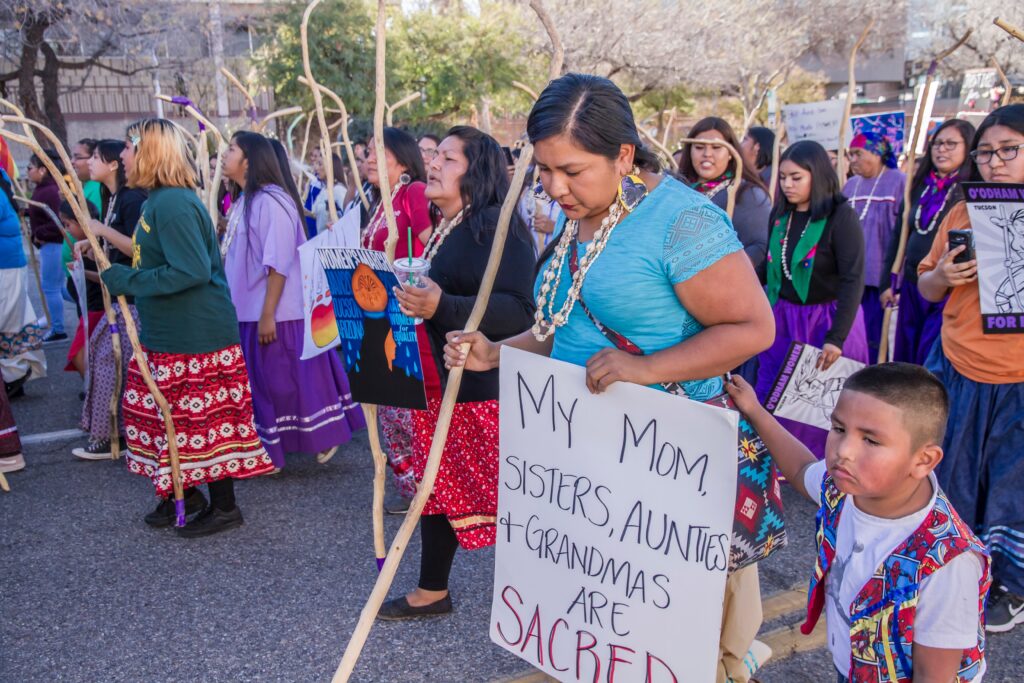

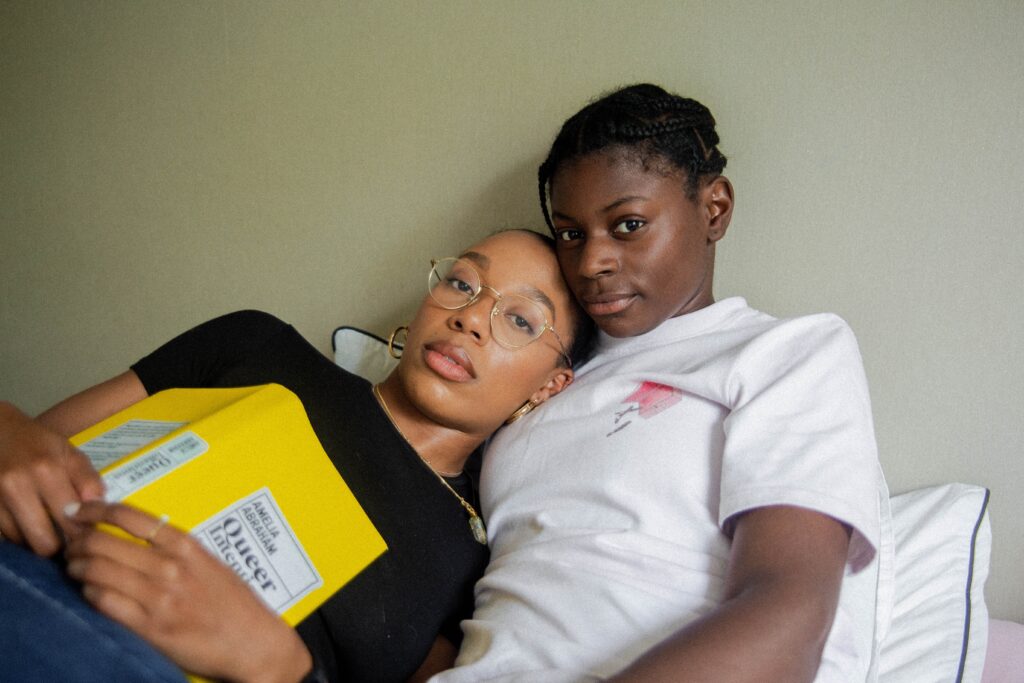
How BIPOC communities are impacted by domestic violence
At the Jeanne Geiger Crisis Center, our mission is to empower individuals and engage communities to end domestic violence. To do that, we must prioritize empowering those of us who are Black, Indigenous, and people of color.
Black women and women of color are disproportionately impacted by domestic violence. More than 40% of Black women will experience domestic violence in their lifetime; and tragically, Black women are almost 3x more likely to die at the hands of a current or ex-partner than members of other racial backgrounds. And, we also know that Indigenous women face the highest rate of domestic violence of any group of women. Homicide is the third leading cause of death among Indigenous girls & women aged 10 to 24, and the fifth leading cause of death for Indigenous women aged 25 to 34.
We are committed to fully understanding the barriers and risks that exist for BIPOC survivors so that we can work to remove them.
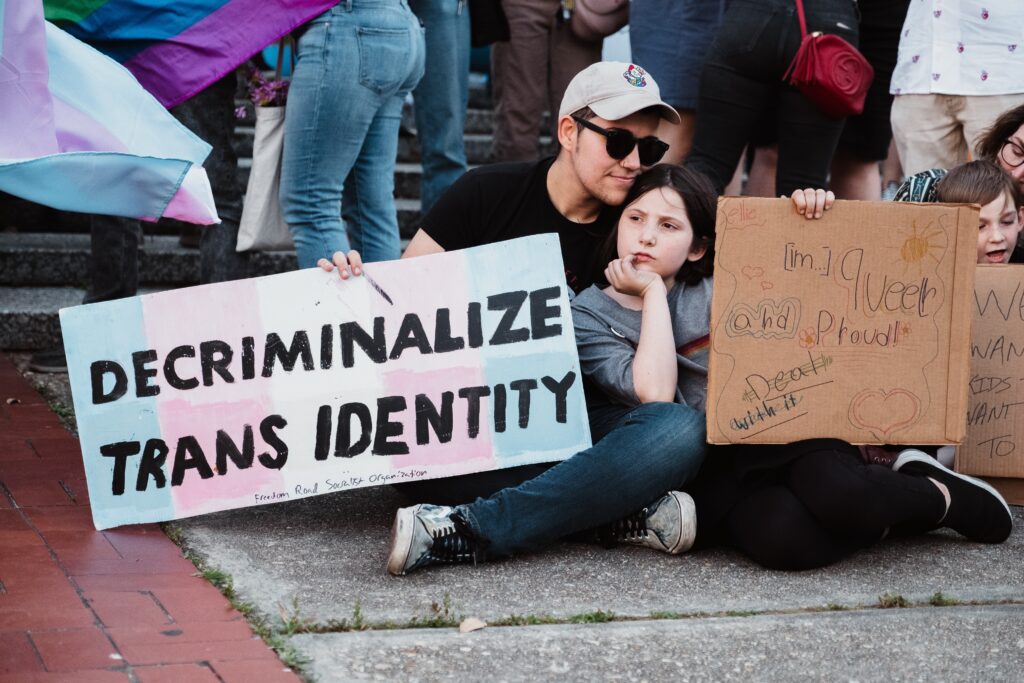
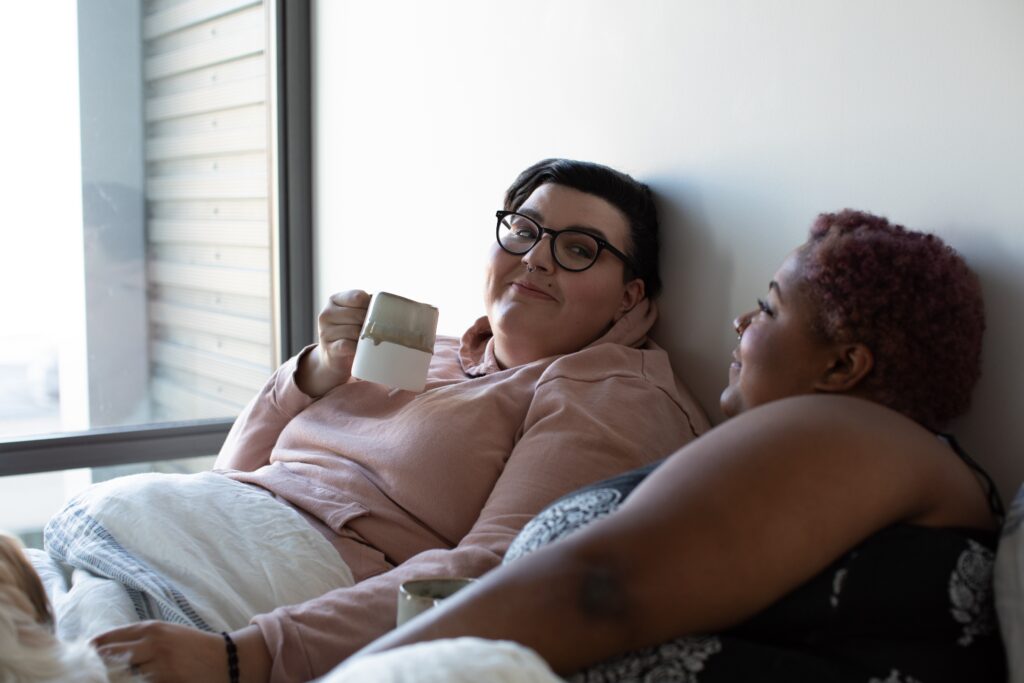
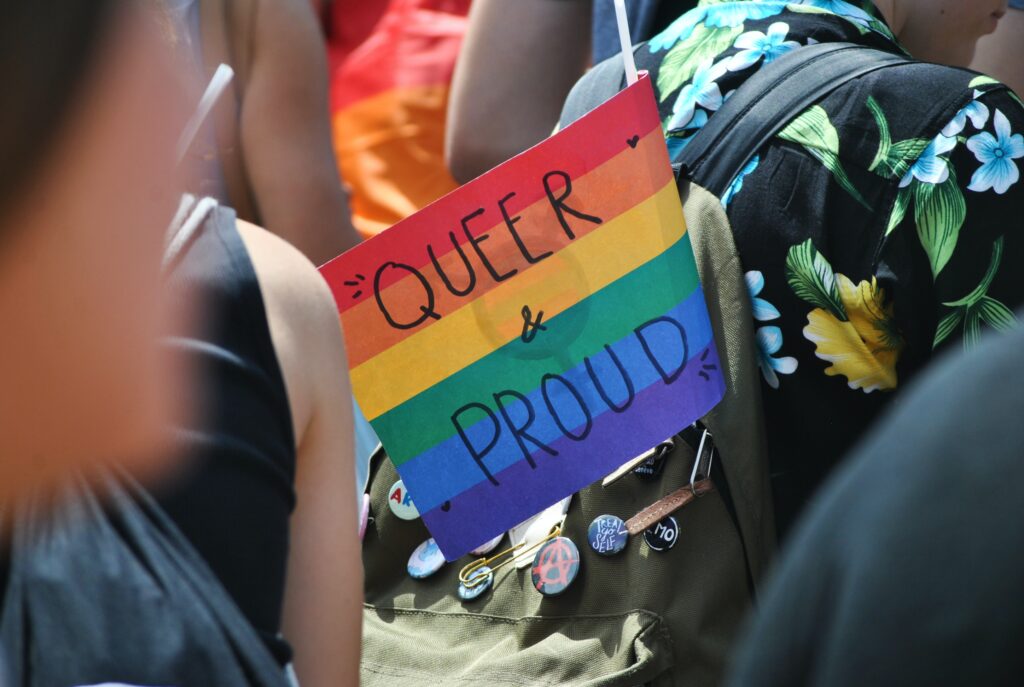
How LGBTQ+ communities are impacted by intimate partner violence
It is a myth that people in LGBTQ+ communities do not experience similar rates of intimate partner violence as those who are in heterosexual relationships: between 25-33% of LGBTQ+ people experience abuse by a partner. The 2015 US Transgender Survey found that people who are transgender experience disproportionate rates of violence, particularly trans people of color; 54% of people surveyed experienced some form of partner abuse. And, one in three young people — gay, straight, and everyone in between — experiences some form of dating abuse.
LGBTQ+ people face additional barriers to getting support, such as not being comfortable discussing their sexual or gender identity openly, having a fear of not being believed or taken seriously, and feeling isolated from communities that do not support them and are hateful or violent towards them.
Click here to learn more about our services for LGBTQ+ survivors.